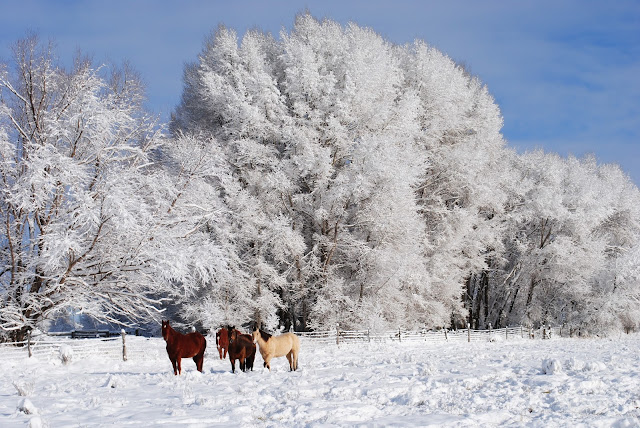Commentary in the Idaho Falls Post Register, published Christmas Eve, 2016
One of our fondest memories of Christmas is our son, Seth, helping set up the nativity scene and carefully placing the baby “Genius” in the manger. Every year the scene is the same. Mary and Joseph are placed either side of the child and gaze down at him lovingly. At a reverent distance are three distinguished men in ornate cloaks and two lowly shepherds in crude clothing and sandals. An angel looks on.
One of our fondest memories of Christmas is our son, Seth, helping set up the nativity scene and carefully placing the baby “Genius” in the manger. Every year the scene is the same. Mary and Joseph are placed either side of the child and gaze down at him lovingly. At a reverent distance are three distinguished men in ornate cloaks and two lowly shepherds in crude clothing and sandals. An angel looks on.
Surrounding the scene are the animals that play an important
role in the story of that first Christmas: the donkey that carried Mary across
the sands to Bethlehem, a few sheep to represent the flocks being watched by shepherds
who would follow a star in the night sky, the camels that bore three wise men and
carried gifts to the child.
And in this re-creation, we learn the lesson of humility,
and honor a stable warmed slightly by the animals that sheltered there, where a
young couple found a place to rest for the night. And where a baby was born. Who
better to attend this humble birth than the beasts who
have no need to judge?
It’s not a stretch for us here on the ranch to relate to
this scene. Outside our dining room window, the horses paw through snow to
graze. Down the lane the cattle wait for the hay crew to arrive. Tethered
outside in straw-filled houses are the herding dogs, and in the basement of our
house is a surprise winter batch of puppies. We hear them whimper in the middle
of the night.
It’s what we do, this living with animals. We may be a
remnant of the population now, but all humankind owes great swaths of our
history to domesticated animals. The dog was first at around 10,000 B.C.
followed by sheep, goats, cattle and pigs. Oxen, camels and horses would follow
and be helpmeets well before the birth of Christ.
The benefits these animals brought to man were many. Meat
and milk top the list, but manure for fertilizer, and brawn to pull a plow
meant that food was no longer a hunt and gather activity. Leather and wool for
clothing, horn and bone for tools, tallow for candles and strong backs for transport advanced human welfare immeasurably. Perhaps Christmas is a time to contemplate
that welfare . . . lest we forget.
At calving time we get a chance to tend our own stable. We
take a few cows to the barn for assistance every year, and when the stalls are
bedded with straw and the mama and her calf lie in the quiet, we feel a certain
reverence there. We speak with hushed tones to keep the cattle calm. And yes,
we hear the cows lowing to their babies, the sweetest of murmurs, and can
imagine a human baby stirring but not crying from that sound.



Beautiful!
ReplyDelete"we're living in a snow globe" ! perfect caption!
ReplyDelete